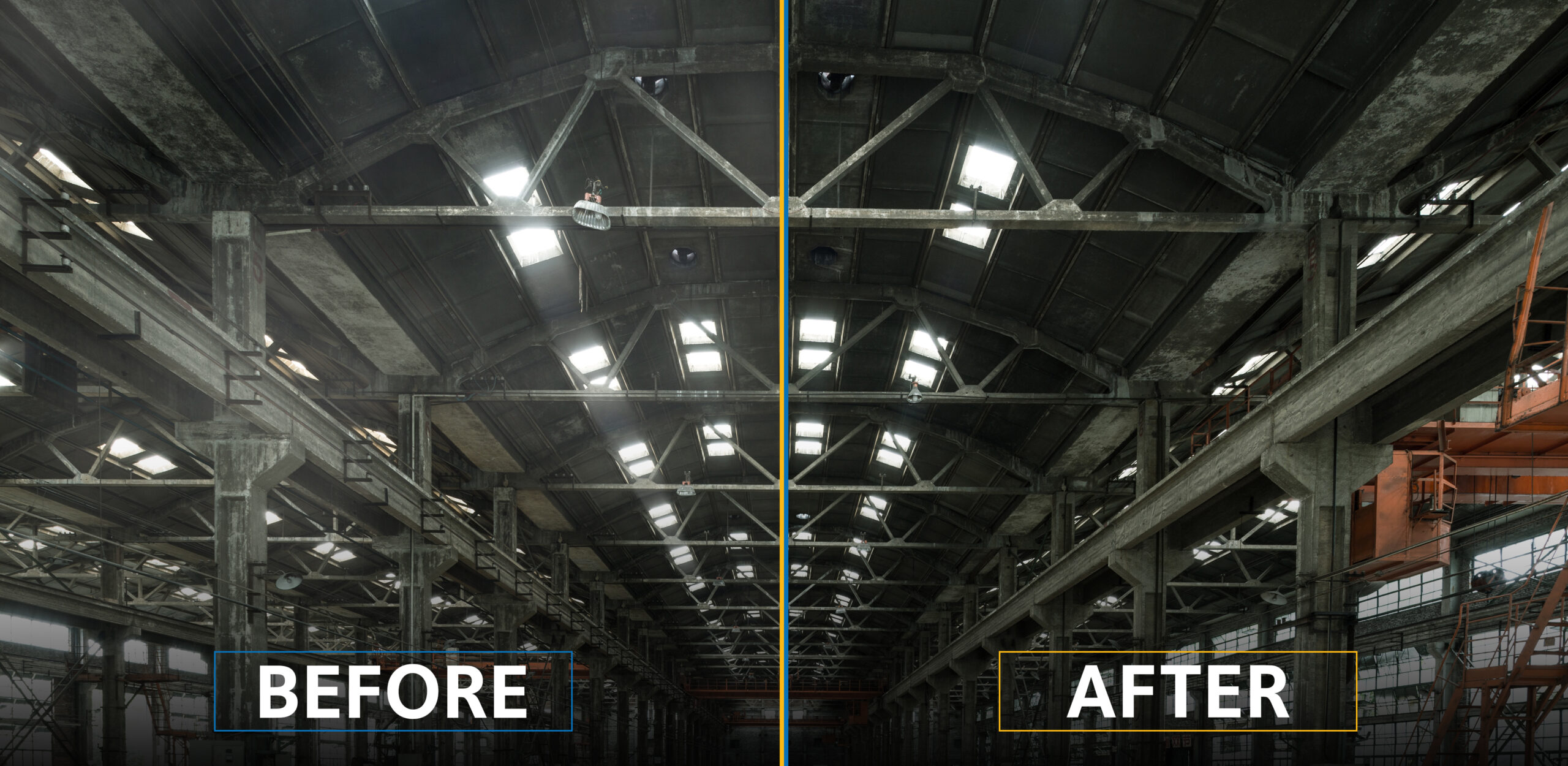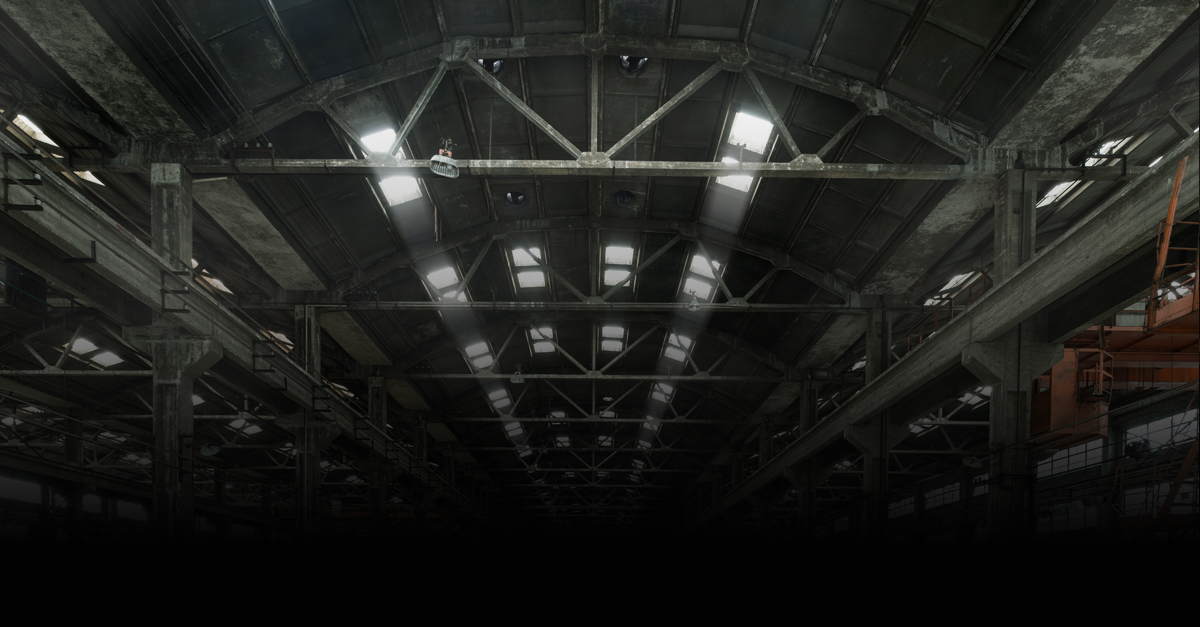09 Jan How Metalube Are Tackling the Challenges of Air Quality in the Wood Panel Industry
When producing wood panel on continuous presses, the issue of air quality is an important area of continued development.
As part of our ongoing testing and controls, to improve our lubricant’s performance and the production of our innovative technology, here at Metalube, air quality tests are a key area of research, as we look to raise the bar within the industry.
As a manufacturer of high-performance chain and belt lubricants for the wood panel industry, it’s key that our products perform in high temperatures and undergo rigorous testing to meet our industry-leading standards.
It’s due to these challenging conditions that the industry often faces significant difficulties surrounding air quality, during the manufacturing process.
To understand the importance of air quality in the testing and manufacturing of our products it’s important to know the effects of poor air quality in the manufacturing process.
The elevated temperatures in the manufacturing process subject the chemical components in wood panel presses, such as lubricants, release agents, and resins, to thermal stress, leading to increased volatilization.
As a result, harmful chemical fragments can be released into the atmosphere, contributing to the deterioration of air quality.
In this article, we will delve into the current issues that poor air quality can cause and how Metalube’s Metachain™ lubricant technology is evolving to meet these challenges.
The Problem: Air Quality Challenges in the Wood Panel Process
What Is Air Quality?
When it comes to industrial lubricants operating under high temperatures, we define ‘air quality’ as the overall levels of high-level pollutants in the air that are harmful to human health and the surrounding environment when high temperatures are applied.
Volatile Chemical Emissions
High temperatures in the continuous presses cause lubricants and other chemical components to volatilize more easily. Consequently, chemical fragments can be released into the air. These fragments can lower the air quality. Wood dust and fibres, commonly present in the manufacturing environment, can also contribute significantly to air pollution.
Inadequate Air Movement
Good ventilation is crucial to maintaining good air quality in a wood panel factory. Insufficient air movement around the press can lead to the accumulation of pollutants, exacerbating air quality issues further.
Health Risks to Employees
Poor air quality can pose health risks to workers in the factory. Employees may experience eye and respiratory irritation, due to the pollutants in the air. This can lead to poor working conditions and potential long-term health problems in some cases.
Reduced Cleanliness and Component Wear/Failure
The release of pollutants into the environment during the press process can result in the accumulation of carbon deposits on the machinery, such as the chain, bending, and roller rods. This build-up can lead to tracking and alignment issues causing alarms and stoppages of the press. This build-up can cause increased wear on the equipment and the eventual failure of components impacting operational efficiency.
In Indonesia, PT Knauf Gypsum experienced issues with dirty track chains and sprockets resulting in high levels of carbon despots due to poor cleanliness. Our Metachain DW-280 was able to optimise cleanliness and save 84% on the Grenzebach board dryer
Decreased Operational Efficiencies
Rapid evaporation of lubricants into the air reduces their effectiveness, leading to inadequate lubrication and weaker wear protection. This inefficiency can result in several negative effects including increased downtime, wasted product, maintenance costs, and decreased productivity.
The Solution: Metalube’s Solutions for Improved Wood Panel Air Quality
It’s due to these issues that we have looked to improve our products and find lasting solutions to meet these concerns and streamline the production process to improve performance across the entire wood panel industry.
We have created a carefully formulated range to address air quality challenges in the wood panel manufacturing process.
By focusing on high thermal stability and low volatility properties, we aim to reduce the harmful impact on air quality and enhance operational efficiency across our product range.
Our Metachain™ products have been formulated to be fully compatible with press chemicals such as PMDI, glues, and resins.
High Thermal Stability
Our Metachain™ range is designed to withstand the demanding temperatures and conditions of continuous presses. Thanks to high thermal stability, this prevents premature evaporation of Metachain™ lubricants at higher temperatures. This ensures they remain effective for longer periods and under harsh conditions. As a result of these innovations to our production processes, fewer lubricant fragments are released into the air, when the wood panels are under stress, contributing to improved air quality.
Reduced Consumption
Our Metachain™ range of long-lasting lubricants not only contributes to improved air quality but also reduces overall consumption, meaning less lubricant is needed. With less excess oil present in and around the press, there is a decreased amount of lubricant available for evaporation. This reduction in oil consumption further helps improve air quality. It ensures that fewer pollutants and harmful fragments are being released.
For a large Italian wood panel manufacturer’s Siempelkamp press, Metachain CB-100 was able to reduce lubricant consumption by 9% in just two weeks.
These improvements have allowed us to transform the wood panel production process, ensuring a safer working environment, less waste, increased productivity, and a higher quality product.
The Result: Testing Air Quality within the wood panel press with Metachain™ CB 100 & 200
When testing air quality within the continuous press, there are key measuring points that we use to determine the air quality within the machine. These are split into four zones and measured at the following: PM1.0, PM2.5, PM10, HCHO, TVOC, and AQI.
During a recent on-site visit with a leading European MDF manufacturer, we were able to run a series of air quality tests both before, with a standard chain lubricant, and after the implementation of Metachain™ CB 100 & 200.
Tests taken after the implementation of Metachain™ CB 100 & 200 in zone 2, saw a decrease in air pollutants by 54%. Furthermore, in Zone 4 we saw a huge 71% decrease in air pollutants once Metachain™ lubrication technology was introduced.
These results show that our solutions for improved air quality, implemented through our testing and manufacturing innovations, have ultimately proven effective in reducing air quality issues within the wood panel industry.
Conclusion
Air quality challenges in wood panel manufacturing continue to prove a significant area of development. With our forward-leaning innovations, we continue to streamline this process to create the most efficient, cost-effective, and safe process in the industry.
Our approach to developing lubricants with high thermal stability and low volatility offers a promising solution to mitigate these air quality issues. By adopting such innovations, wood panel manufacturers improve both air quality and enhance overall productivity and sustainability.
These are just the latest innovations in our continued iteration process. Our talented development team continues to find ways to enhance our lubricants to ensure improved air quality in the wood panel manufacturing process.




